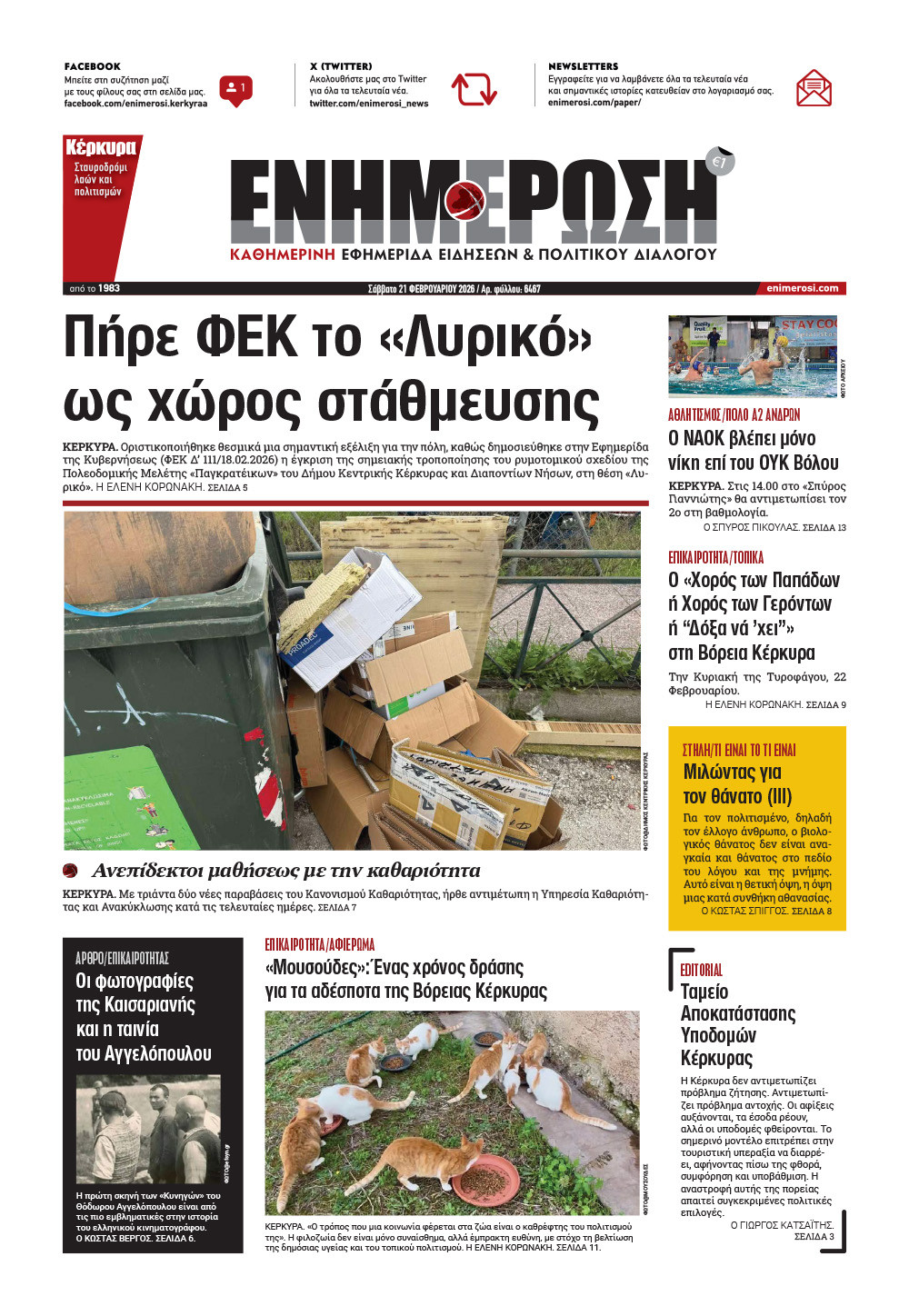EU Covid-19 certificate approved by European Parliament

Covid-19
29 Apr 2021
/ 15:50
The European Parliament says holders of an EU Covid-19 certificate should not be subject to additional travel restrictions, such as quarantine, self-isolation or testing.
On Thursday the European Parliament agreed to the basic terms and conditions of an EU Covid-19 Certificate, a document to enable EU-wide restriction-free travel during the pandemic.
The certificate – previously called Digital Green Certificate - may be in digital or paper format and is proof that the holder has been vaccinated, has had a recent negative test or has recovered. It will facilitate free movement within the EU and the holder will not need to take any additional tests or go into quarantine.
The Commission’s proposal was approved with 540 votes (119 against and 31 abstentions) and the proposal for citizens of third countries was approved with 540 votes, 80 against and 70 abstentions.
The voting took place on Wednesday and the results were announced on Thursday morning. This now paves the way for the final negotiations with European Commission and Council before it can be implemented across the Union, hopefully before the summer tourist season.
No additional travel restrictions, free tests
According to the European Parliament, holders of an EU Covid-19 certificate should not be subject to additional travel restrictions, such as quarantine, self-isolation or testing. MEPs stressed that in order to avoid discrimination against those not vaccinated and for economic reasons, member states should “ensure universal, accessible, timely and free testing."
Compatible with national initiatives
The European Parliament wishes to ensure that the certificate is also compatible with any initiatives taken by member-states, which must also adhere to the same common legal framework.
The decision stipulates that EU states must accept vaccination certificates issued in other member states for persons innoculated with a vaccine authorised for use in the EU by the European Medicines Agency (EMA). These are currently Pfizer-BioNTech, Moderna, AstraZeneca and Janssen. It has been left open to individual member states to decide whether they will also accept vaccination certificates issued in other member states for vaccines listed by the World Health Organization (WHO) for emergency use.
Guarantees for the protection of personal data
The certificates will be verified to prevent fraud and forgery, as will the authenticity of the electronic seals included in the document. Personal data obtained from the certificates cannot be stored in destination member states and there will be no central database established at EU level.
The list of bodies controlling the data will be made public so that citizens can exercise their rights as regards protection of their personal data, based on the general rules for the protection of personal data (GDPR).
The certificate – previously called Digital Green Certificate - may be in digital or paper format and is proof that the holder has been vaccinated, has had a recent negative test or has recovered. It will facilitate free movement within the EU and the holder will not need to take any additional tests or go into quarantine.
The Commission’s proposal was approved with 540 votes (119 against and 31 abstentions) and the proposal for citizens of third countries was approved with 540 votes, 80 against and 70 abstentions.
The voting took place on Wednesday and the results were announced on Thursday morning. This now paves the way for the final negotiations with European Commission and Council before it can be implemented across the Union, hopefully before the summer tourist season.
No additional travel restrictions, free tests
According to the European Parliament, holders of an EU Covid-19 certificate should not be subject to additional travel restrictions, such as quarantine, self-isolation or testing. MEPs stressed that in order to avoid discrimination against those not vaccinated and for economic reasons, member states should “ensure universal, accessible, timely and free testing."
Compatible with national initiatives
The European Parliament wishes to ensure that the certificate is also compatible with any initiatives taken by member-states, which must also adhere to the same common legal framework.
The decision stipulates that EU states must accept vaccination certificates issued in other member states for persons innoculated with a vaccine authorised for use in the EU by the European Medicines Agency (EMA). These are currently Pfizer-BioNTech, Moderna, AstraZeneca and Janssen. It has been left open to individual member states to decide whether they will also accept vaccination certificates issued in other member states for vaccines listed by the World Health Organization (WHO) for emergency use.
Guarantees for the protection of personal data
The certificates will be verified to prevent fraud and forgery, as will the authenticity of the electronic seals included in the document. Personal data obtained from the certificates cannot be stored in destination member states and there will be no central database established at EU level.
The list of bodies controlling the data will be made public so that citizens can exercise their rights as regards protection of their personal data, based on the general rules for the protection of personal data (GDPR).












